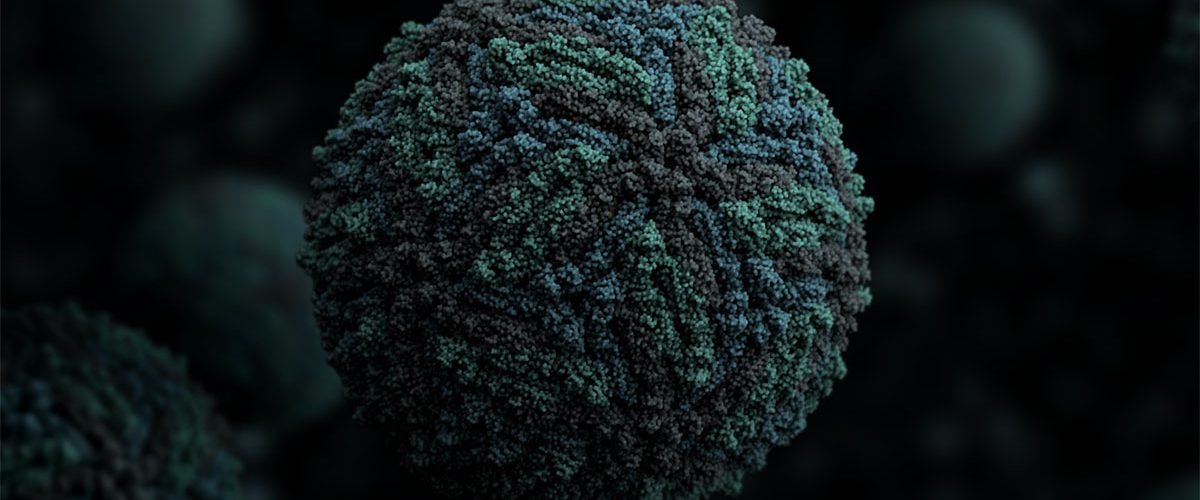Zika virus is transmitted primarily by Aedes mosquitoes during the day in tropical and subtropical regions. An increased risk of neurologic complications is associated with Zika virus infection in adults and children, including Guillain-Barré syndrome, neuropathy and myelitis. Outbreaks of Zika virus disease have been recorded in Africa, the Americas, Asia and the Pacific. From the 1960s to 1980s, rare sporadic cases of human infections were found across Africa and Asia, typically accompanied by mild illness.
Zika virus is primarily transmitted through the bite of an infected mosquito. The virus can also be transmitted from mother to fetus during pregnancy, through sexual contact, organ transplantation, and blood or blood product transfusion.
Most people infected with the Zika virus do not have symptoms. Occasionally mild symptoms occur, including rash, fever, headache, malaise, muscle and joint pain, and conjunctivitis. Risk of exposure is greatest in tropical and subtropical regions. Infected mosquitoes are most active during the day, especially in the early morning and late afternoon.
There is no available treatment. Those with symptoms should rest, drink fluids, and use common medicines to treat pain and fever. Pregnant women with the virus or living near areas of transmission should visit a doctor for laboratory testing.
Eliminating small collections of water which may be breeding sites for mosquitoes is important in reducing exposure. Always cover water storage containers, clean up tyres, and trash, and emptying standing water from flowerpots to avoid mosquito breeding. Applying insect repellent that contains DEET, wearing light-coloured clothing, and using physical barriers such as doors and screens can prevent infected mosquito bites.
Recent Outbreaks in Africa
| Year | Countries | Cases | Deaths |
| 2015 | Cape Verde | 4,744 | – |

